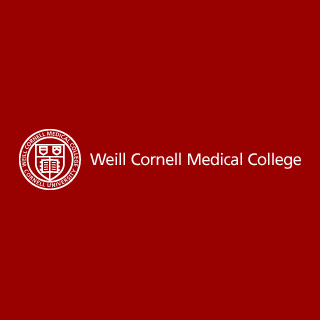
It was estimated that approximately 45.6 of every 10,000 children younger than 15 years suffer from tonsillectomies. Also, tonsillectomy is known to be most frequently used as a treatment for sleep-related breathing disorders and persistent tonsillitis.
Apparently, tonsillectomy is a comparatively safe method with a low death rate. However, complications such as pain, bleeding, lethargy and bad breath usually appear to occur, particularly in the week following surgery.
“Pain can lead to decreased oral intake and ultimately dehydration. The use of postoperative antibiotics to relieve pain following pediatric tonsillectomy was first reported more than 50 years ago. It is thought that the normal oral bacterial flora colonize the denuded tonsilar fossae (cavity) and release inflammatory mediators that cause pain. Antibiotic use after tonsillectomy may quantitatively lessen the bacterial content and thus reduce pain,†says Paul E. Johnson, M.D., of New York-Presbyterian Hospital/Weill Cornell Medical Center, New York.
The study authors were believed to have examined nearly 49 patients who were scheduled to undergo tonsillectomy with or without adenoidectomy. Adenoidectomy is known to be removal of glands inside the back of the throat.
The authors randomly selected and provided approximately twenty-six of the patients with postoperative antibiotics for about a week whereas the rest twenty-three were given antibiotics for three days along with four days of placebo.
Furthermore, the patients’ parents were asked to record how much pain medicine the child took for the initial seven days after surgery. More so, they were told to observe the pain medicine consumption after the child resumed a normal diet and activity level. Also, it was observed that whether he or she required treatment for bleeding or dehydration.
“A potential disadvantage (of a shorter course of antibiotics), outside of the study measures, would be increased postoperative fever and infection. Both patients with this problem, and one patient with postoperative bleeding, were in the seven-day antibiotic group,†continues Johnson.
Johnson further stated that, “Based on our results, a three-day course of antibiotics is as effective as a seven-day course. A shorter course of antibiotics carries other potential advantages, including decreased cost, increased patient compliance with medications and a decrease in antibiotic-associated complications and bacterial resistance.â€
The findings revealed that a total of 47 patients i.e. 96 percent completed the study. No statistically noteworthy difference seems to have been observed between the two groups in postoperative pain or in the amount of time it took children to resume their normal diet and activity level. However, one adverse effect from the antibiotics namely diarrhea was believed to have been reported in one patient in each study group.
The findings of the study have been published in the Archives of Otolaryngology- Head and Neck Surgery.
